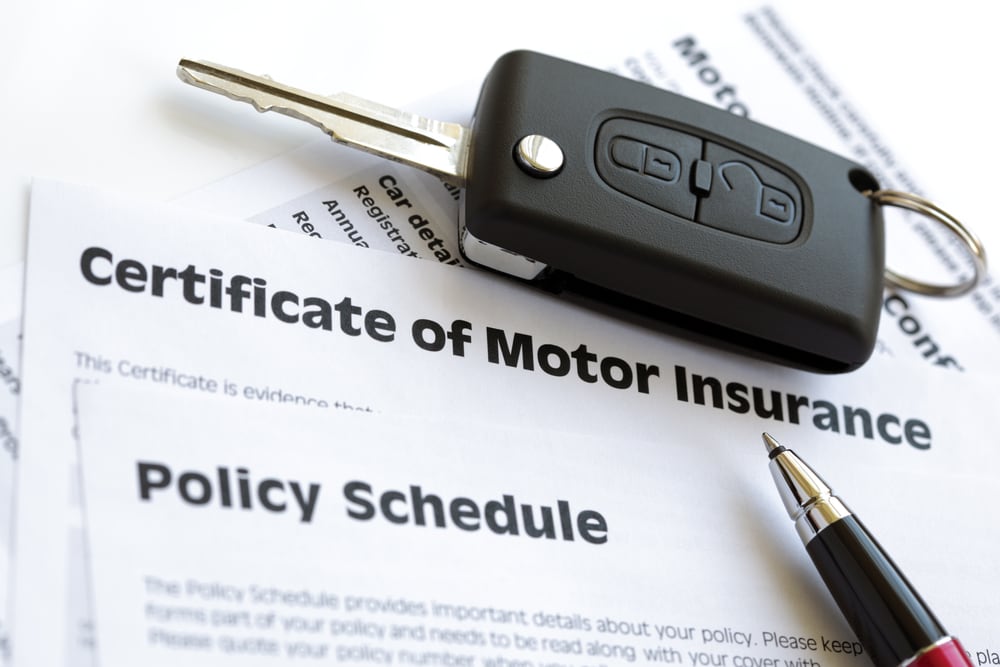

Paying insurance premiums on your vehicle is a necessary evil. Not only do you need coverage just to be legal on the road, but it can save you in the case of an accident. While no one likes shelling out cash for hypothetical emergencies in the future, there are some ways to make it a little less painful.
Check insurance rates before you purchase a vehicle
If you’re in the market for a new vehicle and have narrowed your options down to a few, one of your deciding factors should be how much the insurance will cost. You may be surprised to discover just how different the premiums are based on the year, make, and model of your potential purchases.
Get a handle on your credit score
Your credit score doesn’t just affect your ability to get financing on a car or house. Many insurance companies now refer to your credit records in assessing what prices they will offer you. The reasoning behind this lies in the belief that creditworthy individuals are as responsible in their driving practices as they are in paying their bills.
Park wisely
If have a garage or carport, be sure to let the insurance company know how you park. Oftentimes, premiums are less for those who leave their cars in covered, protected spaces, which is a nice tidbit that many people don’t know about.
Ask about discounts
There are heaps of discounts out there from savings for keeping low mileage to having certain safety devices installed. Your insurance agent, however, may not mention everything for which you qualify without being asked point blank. While there’s no guarantee that you’re eligible for discounts, it doesn’t hurt to explore your options.
Don’t let your current insurance lapse
Just as you wouldn’t want to quit a job before having other employment lined up, you don’t want gaps in your insurance coverage. If you have even a small gap without insurance coverage, you may be denied discounts you could otherwise claim.
Opt for a higher deductible
If you don’t mind playing the odds that you won’t have an accident, you can save up to 40% on your premium just by choosing a higher deductible. If you do have a fender bender or worse, however, you will have to pay more out of pocket, although you could always set aside a little of your savings for such cases.
Consider liability over comprehensive coverage
If you have a car over ten years old, it may not be in your best interest to have comprehensive coverage if your annual premium is more than your vehicle is actually worth. Liability insurance will pay for any damage caused to other vehicles in the case of an accident, but it won’t pay for yours. It’s a tough decision, but it could save quite a bit in the long run.
Pay the full premium
When you pay your premium in installments, there is often a monthly fee for doing so. If paying your full premium up front is an option, it could save you $10 or so a month. It doesn’t sound like a lot, but just a little at a time sounds more noteworthy when added up for the year.
Keep your nose clean
Follow the rules of the road to keep your driving record clean, and it will have an effect on your insurance premium. Insurance companies reward good drivers with lower premiums because they are far less likely to have an accident and make claims.
Shop around
The most important thing to do to ensure you are paying the lowest insurance premium possible is to comparison shop. Unless you look around, you won’t know if your current insurance is reasonable. If you find something cheaper with the same coverage, your current company may even match another’s lower rate.



